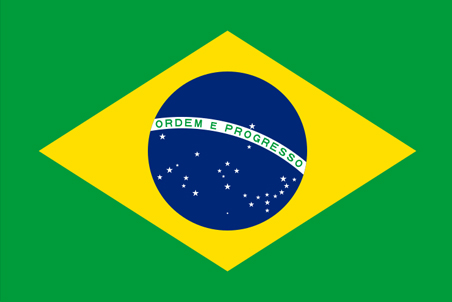The last Article IV Executive Board Consultation was on July 14, 2025. Listed below are items related to Brazil.
At a Glance
- 2026 Projected Real GDP (% Change) : 1.6*
- Country Population: 214.083 million
- Date of Membership: January 14, 1946
- Article IV/Country Report: July 17, 2025
- Special Drawing Rights (SDR): 14686.89 million
- Quota (SDR): 11042.0 million
- Number of Arrangements since membership: 16
*GDP Data from January 2026 World Economic Outlook Update



 Brazil
Brazil
